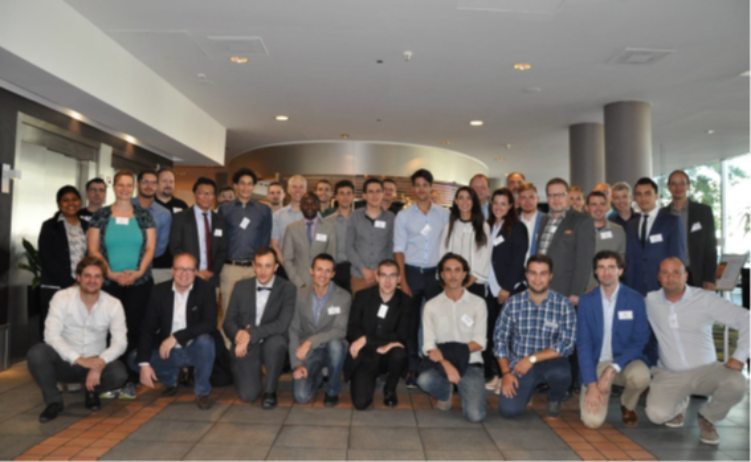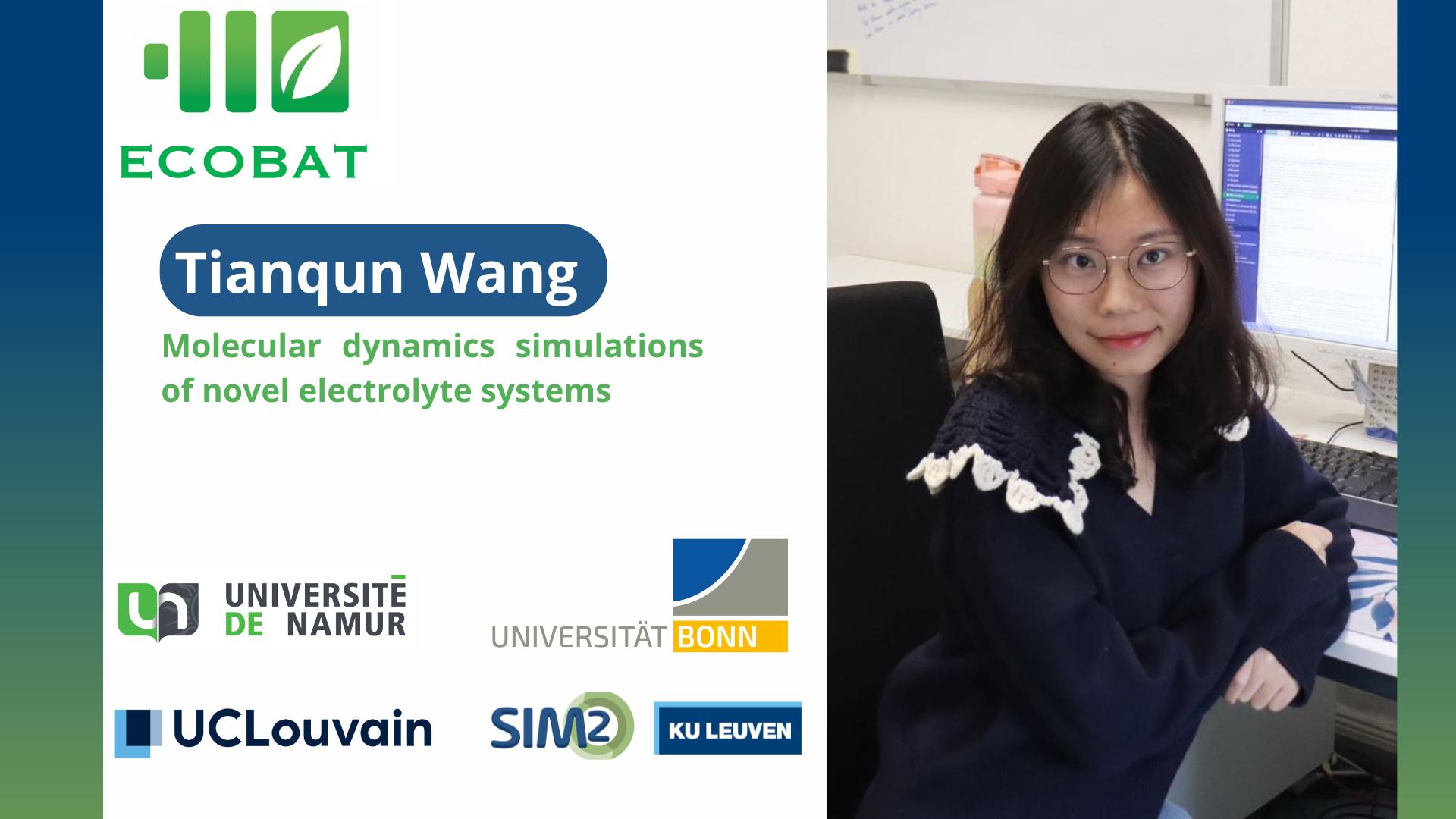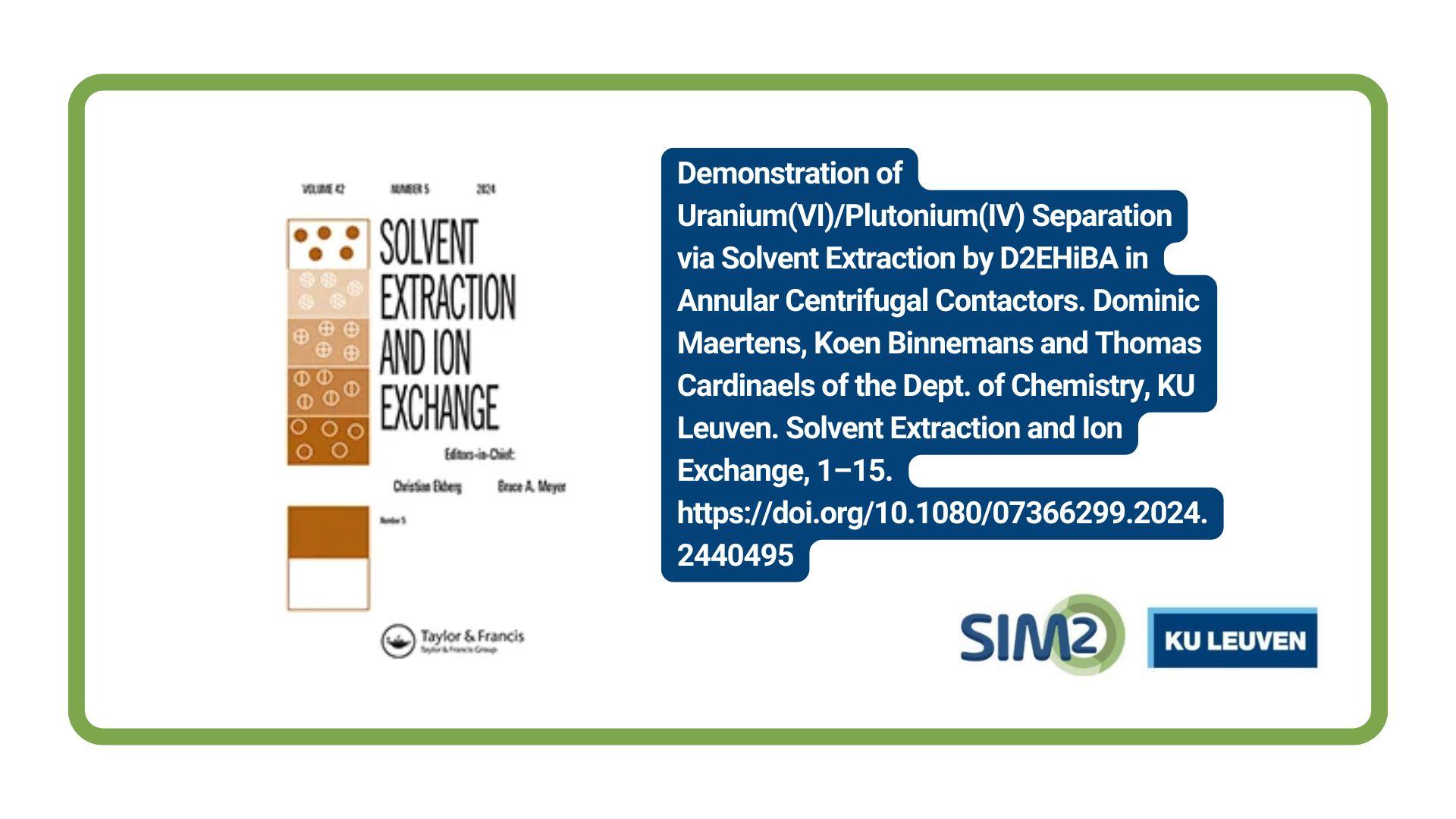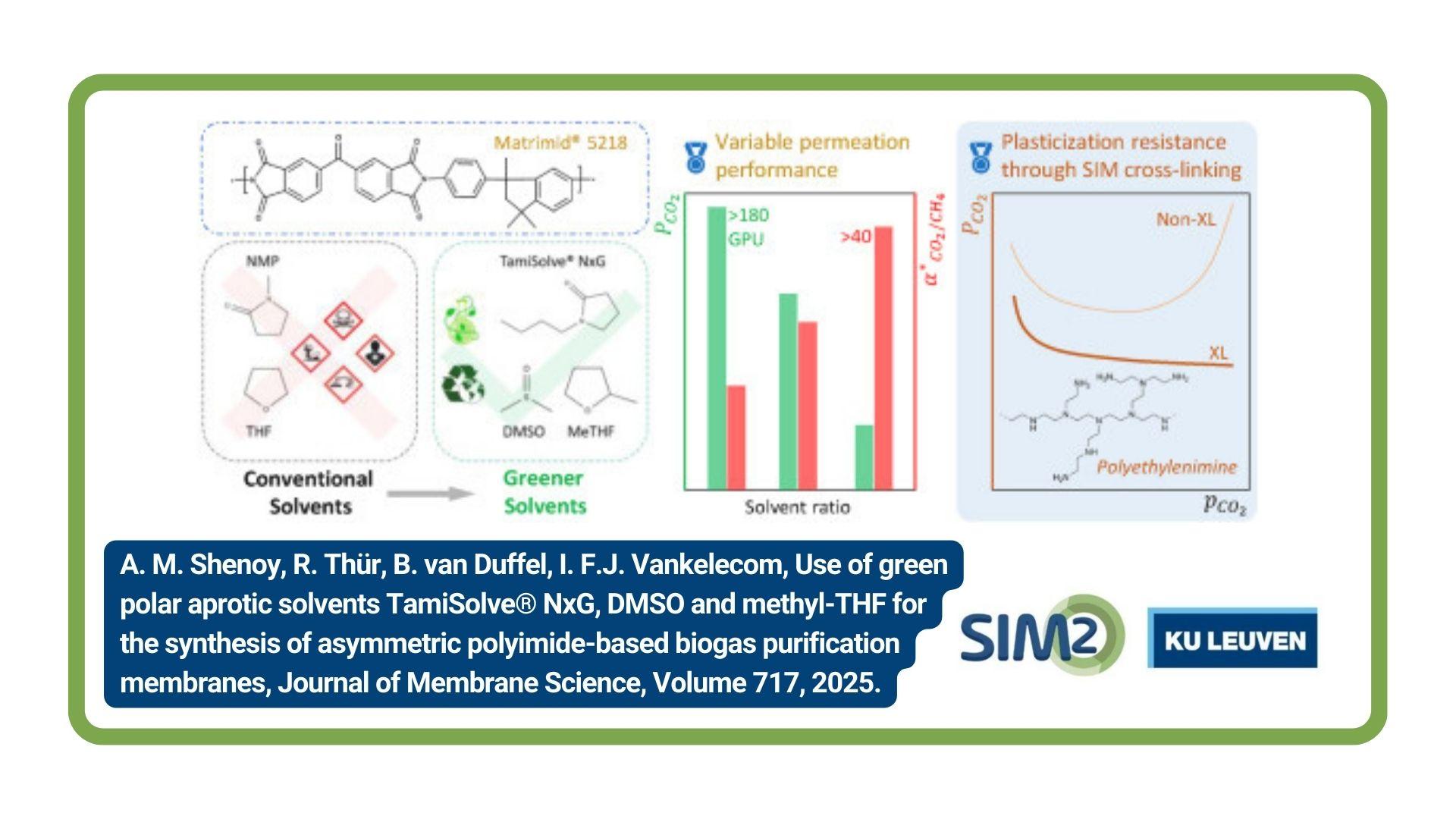On 12 September 2016 the official recruitment event took place in Leuven for EU Horizon 2020 MSCA-ETN SOCRATES, a training network project on the zero-waste valorisation of low-grade, critical metal containing industrial process residues.
From an initial list of 115 eligible SOCRATES, 28 were preselected for the Recruitment Event where they were interviewed by 15 SOCRATES Supervisors. After a lengthy deliberation the Recruitment Committee selected 13 winning candidates, who are set to start their research around November 2016. Two positions were left open. The official kick-off meeting will take place in Leuven on 8 February 2017. The meeting will be combined with a General Assembly meeting of the European Enhanced Landfill Mining Consortium (EURELCO) (on 6 February 2017).
Public Abstract SOCRATES: Unlike China, Russia or South Africa, the EU-28 Member States are not in the fortunate position of having vast, easily accessible ore deposits containing valuable metals. However, Europe does have large quantities of secondary industrial residues (tailings, sludges, slags and ashes) that contain significant concentrations of both critical and economically important metals. The European Training Network for the Sustainable, zero-waste valorisation of critical-metal-containing industrial process residues (SOCRATES) targets ground-breaking metallurgical processes, incl. plasma-, bio-, solvo-, elec- tro- and ionometallurgy, that can be integrated into environmentally friendly, (near-)zero-waste valorisation flow sheets. By unlocking the potential of these secondary raw materials, SOCRATES contributes to a more diversified and sustain- able supply chain for critical metals (cf. Priority area 3 in EC Circular Economy Action Plan; COM(2015)614/2). The SOCRATES consortium brings together all the relevant stakeholders along the value chain, from metal extraction, to metal recovery, and to residual matrix valorisation in added-value applications, such as supplementary cementitious mate- rials, inorganic polymers and catalysts. To maximise applicability, SOCRATES has selected four commonly available and chemically complementary residue families: (1) flotation tailings from primary Cu production, (2) Fe-rich sludges from Zn production, (3) fayalitic slags from non-ferrous metallurgy, and (4) bottom ashes from incineration plants. As a basis for a concerted effort to strengthen the EU’s critical-metal supply chain for Ge, In, Ga and Sb, SOCRATES trains 15 early-stage researchers (ESRs) in technological innovation: metal extraction (WP1), metal recovery (WP2), residual matrix valorisation (WP3) and integrated assessment (WP4). By training the ESRs in scientific, technical and soft skills, they are the next generation of highly employable scientists and engineers in the raw-materials sector.
Beneficiaries: KU Leuven, University of Leicester, Utrecht University, University Bonn, Freiberg University, Outotec, Kerneos, Metallo
Partner Organisations: Aalto University, VTT, Boliden Kokkola, Umicore, AVR
General contact persons for SOCRATES
Prof. Koen Binnemans – General Coordinator MSCA-ETN SOCRATES
Department of Chemistry, KU Leuven
Celestijnenlaan 200F, bus 2404, BE-3001 Heverlee, Belgium
Tel: +32 (0)16 32 7446
Email: Koen.Binnemans@chem.kuleuven.be
URL: http://chem.kuleuven.be/onderzoek/en/research/mds/lic/
RARE³ KU Leuven: http://www.kuleuven.rare3.eu/
Dr. Ir. Peter Tom Jones – General Coordinator MSCA-ETN NEW-MINE
Senior Research Manager Urban/Landfill Mining, KU Leuven Industrial Research Fund (IOF)
General Coordinator European Enhanced Landfill Mining Consortium (EURELCO)
Department Materials Engineering, KU Leuven
Kasteelpark Arenberg 44, BE-3001 Leuven, Belgium
Tel: +32 (0) 486 83 64 94
Email: peter.jones@kuleuven.be
SIM² KU Leuven: set.kuleuven.be/mrc/sim2/
RARE³ KU Leuven: http://www.kuleuven.rare3.eu/
EURELCO: www.eurelco.org





